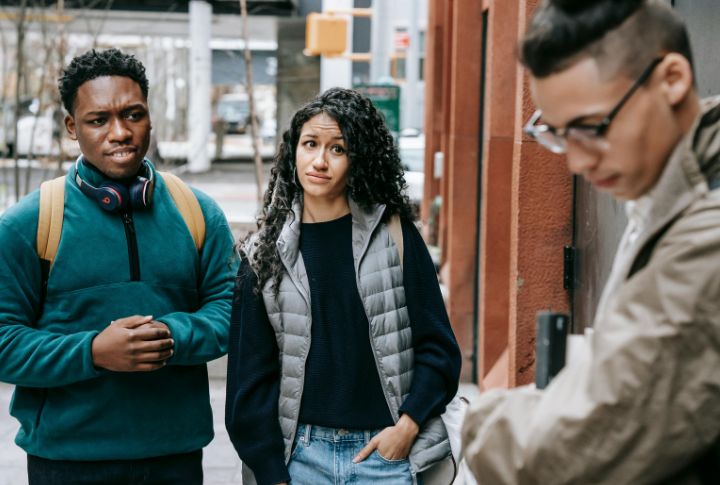
Picture a world where chain-smoking at the dinner table raised no eyebrows, where “just toughen up” counted as emotional advice, and where personal space barely existed. Strange? That was everyday life not too long ago. Times change, and what once slipped by unnoticed now feels shocking—or flat-out unacceptable. Explore 20 outdated norms that wouldn’t sit right in today’s world.
Smoking Allowed On Airplanes

A plane journey once meant sharing cabin air with a haze of smoke. Long before modern regulations took hold, passengers often freely lit cigarettes and cigars. This practice eventually shifted from being commonplace to unthinkable.
Driving Without Seatbelts

It’s hard to imagine, but getting behind the wheel once involved a greater risk of serious accident. Rather than buckling up, some drivers deliberately ignored the safety equipment. A few even claimed that safety laws infringed upon personal liberty.
Spanking Children For Discipline

Many critics argue that spanking violates children’s basic rights and reshapes how society views a parent’s role in correcting behavior. Though the practice was once seen as a normal form of discipline, spanking children has now fallen out of favor.
Drinking And Driving Tolerated

It might sound crazy, but bars used to encourage patrons to have “one for the road,” as if putting a dangerously intoxicated person behind the wheel was perfectly fine. Today, strict laws came to be after a major public outcry, and they rewired the understanding of road safety.
Racial Segregation In Public Places
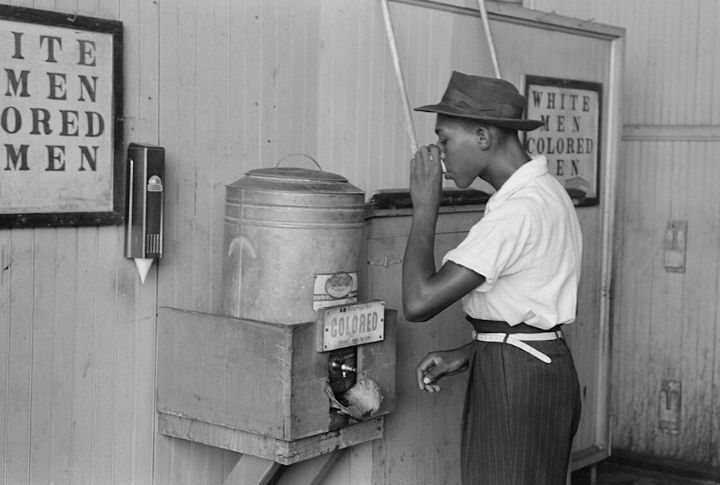
Racial segregation once claimed “separate but equal,” though it deepened injustice. However, in 1955, Rosa Parks’ refusal to give up her bus seat led to her arrest and triggered the Montgomery Bus Boycott—igniting a nationwide movement for civil rights and lasting change.
Open Discrimination Against LGBTQ+ People
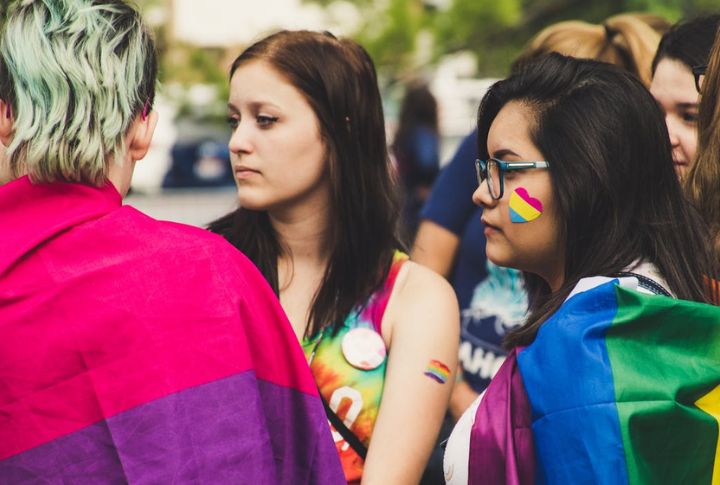
People used to face open hostility and discrimination simply for who they were. In fact, the government once banned LGBTQ+ people from jobs. Thankfully, those days are long gone, since brave individuals started fighting back for their rights.
Seat Reservations Denied To Women

Equal access is seen as a basic right today, but women were once denied it. Clubs, restaurants, and lecture halls routinely turned them away, regardless of qualifications. These barriers were enforced by social custom and made exclusion feel ordinary.
Women Confined To Homemaking Roles
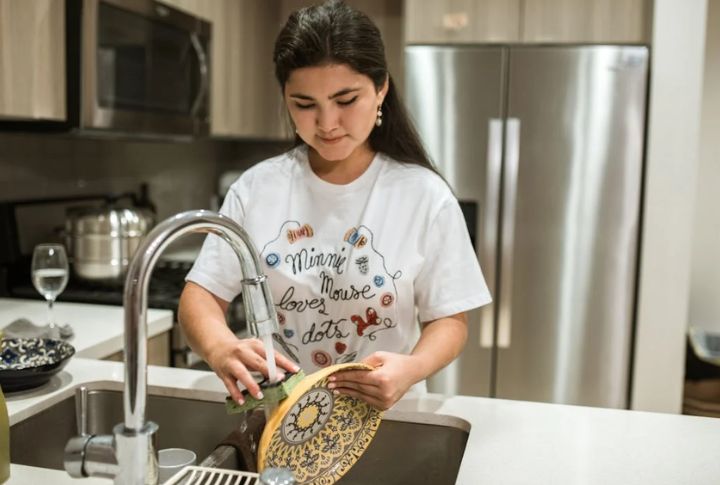
For a long time, society expected women to stay in the kitchen. Laws even blocked women from certain jobs, limiting their potential and financial independence. Over time, women were forced into factories during wartime, and this shift ultimately reshaped the culture.
Children Working In Factories
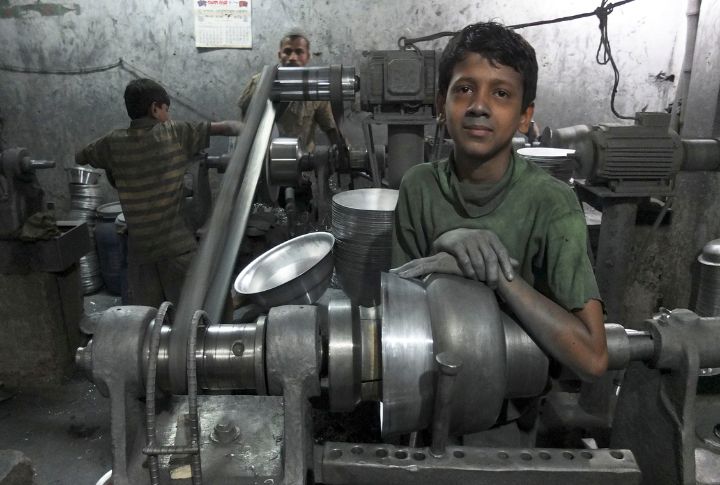
Imagine a world where kids as young as five worked long and grueling hours in dangerous factories. The practice was sadly common until photos showed everyone the grim truth. Later on, early laws tried to stop child labor, though they were ignored for many decades.
Biking Without Helmets

Cyclists today rely on helmets for protection, but decades ago, the standard was much lower. Riders often wore thin leather “hairnet” straps, which looked the part but offered minimal defense. True safety gear only became common later.
Lead Paint Used In Homes

Lead paint acted as a silent poison and once covered nearly every home surface. Some companies knew it posed a serious danger, but sold it to families anyway. Its sweet taste could lure children and force you to rethink the safety of older houses entirely.
Asbestos In Building Materials

For centuries, builders relied on asbestos for insulation and fireproofing. Its name even translates to “inextinguishable,” and might sound great until you realize it can cause deadly lung diseases. This material is heavily restricted today.
DDT Sprayed on Crops
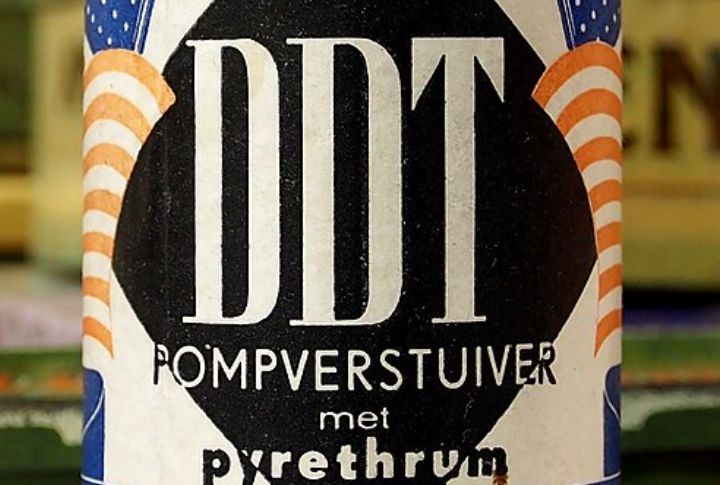
Farmers once sprayed crops with DDT, a powerful insecticide that seemed like a miracle cure for pests. While it saved lives during wartime, it also harmed wildlife and polluted the soil, forcing society to reconsider how much humans rely on chemicals.
Hitchhiking As Everyday Travel

Hitchhiking was a common and accepted way to travel. Millions of people, even with its inherent risks, used to thumb a ride during difficult times, and a guidebook was published to explain the etiquette. It is now rare and often illegal for safety reasons.
Bullying Seen As Normal In Schools
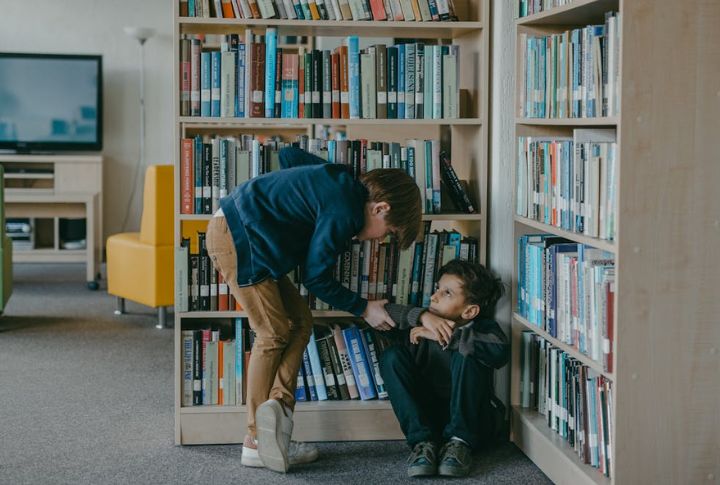
Georgia’s 1999 anti-bullying law marked a historic shift in schools. Before then, many brushed off bullying as harmless teasing or “kids being kids.” Only later did society recognize its deep mental health effects, finally reshaping how schools handled student safety.
Fathers Not Involved In Childcare
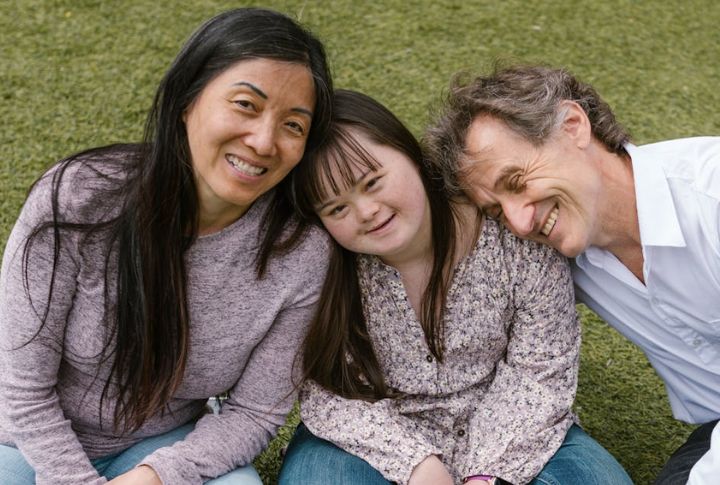
Decades ago, parenting was seen as the mother’s job. Fathers were expected to be distant providers, not hands-on caregivers. Now, active fatherhood is encouraged, and dads are celebrated for nurturing, bonding, and sharing responsibilities equally.
Littering Without Consequences
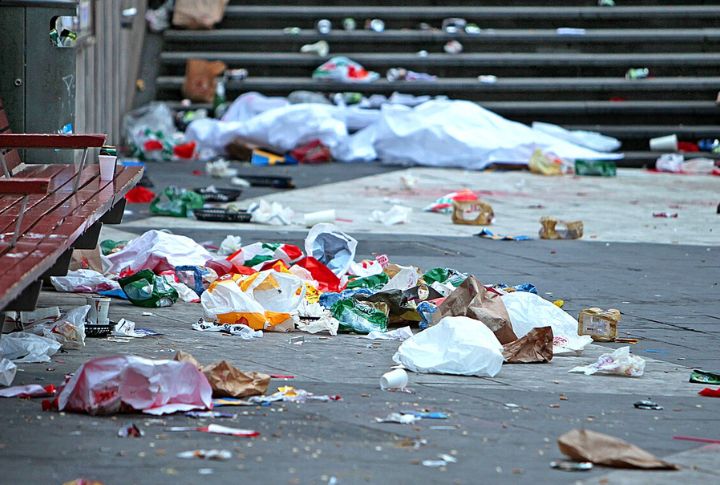
For a long time, tossing trash on the street was rarely punished. Littering was a common practice, but with time, people became more aware of its impact. Cities eventually launched curbside recycling programs in response to the new awareness.
Animal Cruelty In Circuses
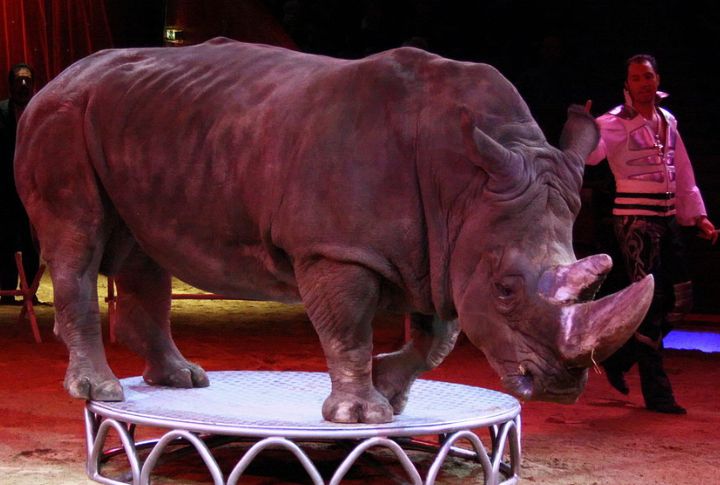
Circus animals were once kept in cramped, harsh conditions for entertainment. As public awareness grew about their suffering, major circuses began shutting down. This shift helped redefine society’s views on animal welfare, prioritizing compassion over spectacle and tradition.
Fat-Shaming Normalized In The Media

Fat-shaming was once everywhere in media, disguised as harmless humor in commercials and sitcoms. It shaped how people thought about beauty and weight. Change came slowly, led by plus-size models who helped fashion embrace inclusivity and show beauty in many forms.
Mental Illness Treated As Taboo
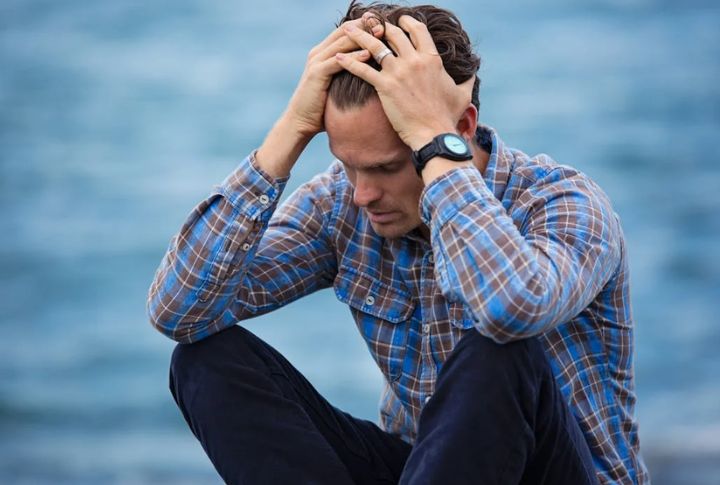
For decades, people with depression, anxiety, or schizophrenia were told to “snap out of it” or were hidden away. Therapy was stigmatized, and medication was whispered about. Today, mental health is openly discussed, and seeking help is encouraged—not shamed.

